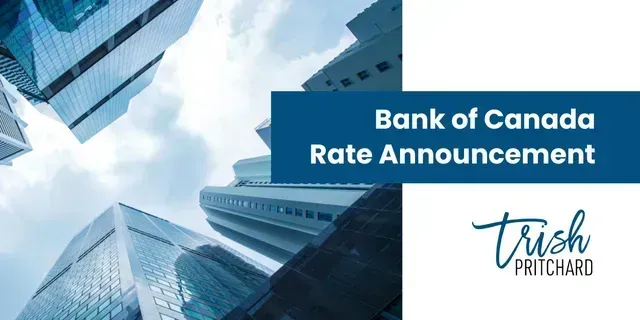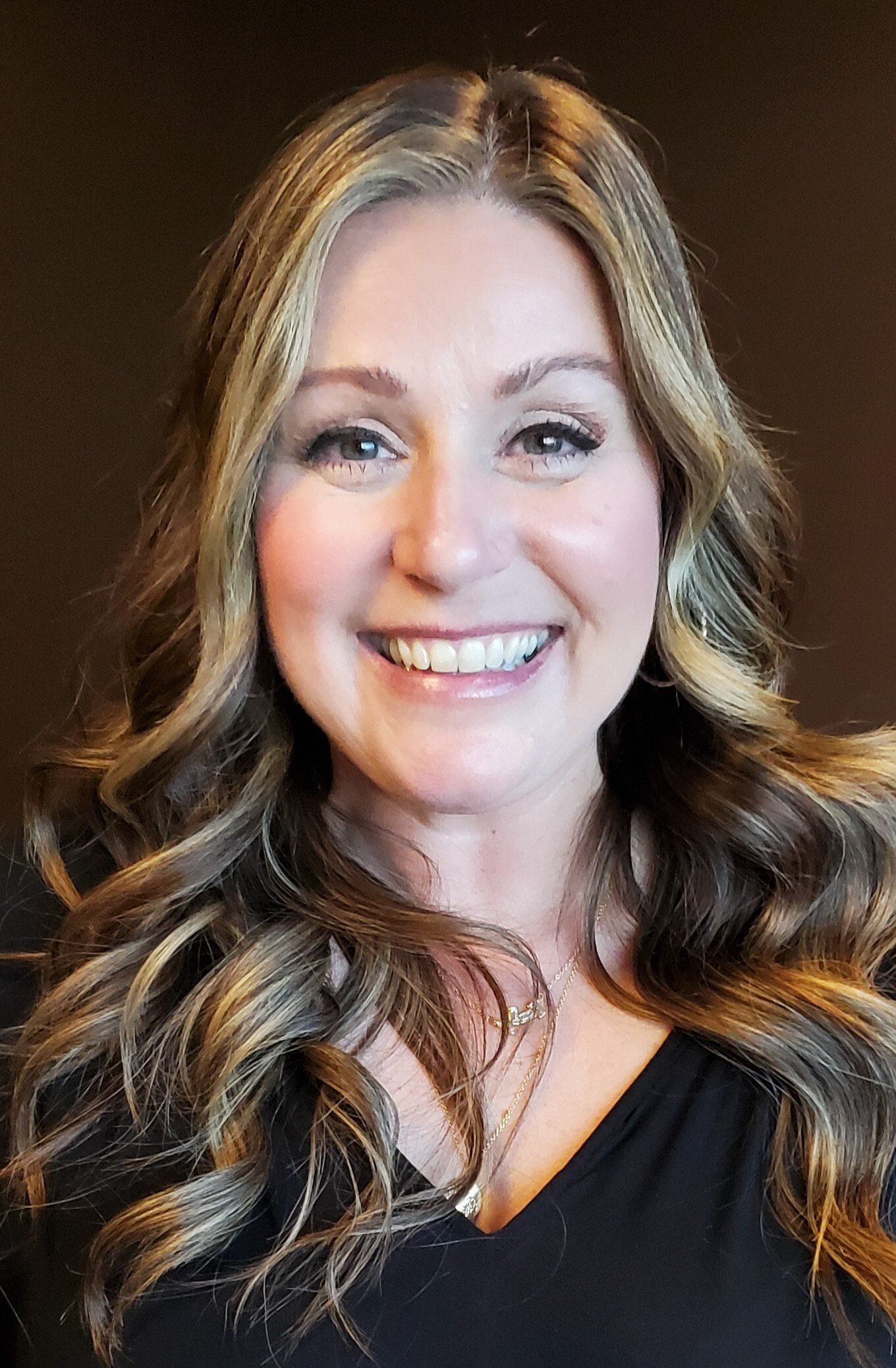You Just Got a Mortgage. Now What?

Mortgages are a funny thing. On the one hand they allow you to become a home owner without saving up enough money to purchase the home outright, which is a really good thing. On the other hand, even at today’s really low interest rates, as they are amortized over a really long time (most of the time 25 years), they can cost you a lot more money in the long run. With the government tightening mortgage qualification, chances are securing your most recent mortgage wasn’t a painless process.
So now that you finally have a mortgage, and you’re a home owner, the first thing you should do is figure out how to get rid of your mortgage! Here are 4 ways you can do that!
ACCELERATE YOUR PAYMENT FREQUENCY
Making the change from monthly payments to accelerated bi-weekly payments is one of the easiest ways you can make a difference to the bottom line of your mortgage. Most people don’t even notice the difference.
A traditional mortgage splits the amount owing into 12 equal monthly payments. Accelerated biweekly is simply taking a regular monthly payment and dividing it in two, but instead of making 24 payments, you make 26. The extra two payments really accelerate the pay down of your mortgage.
INCREASE YOUR MORTGAGE PAYMENT AMOUNT
Unless you opted for a “no-frills” mortgage, chances are you have the ability to increase your regular mortgage payment by 10-25%. This is a great option if you have some extra cash flow to spend in your budget. This money will go directly towards paying down the principal amount owing on your mortgage, and isn’t a prepayment of interest. The more money you can pay down when you first get your mortgage the better, as it has a compound effect, meaning you will pay less interest over the life of your mortgage.
Also, by voluntarily increasing your mortgage payment, it’s kinda like signing up for a long term forced savings plan where equity builds in your house rather than your bank account.
MAKE A LUMP SUM PAYMENT
Again, unless you have a “no-frills” mortgage, you should be able to make bulk payments to your mortgage. Depending on your lender and your mortgage product, you should be able to put down anywhere from 10-25% of the original mortgage balance. Some lenders are particular about when you can make these payments, however if you haven’t taken advantage of a lump sum payment yet this year, you will be eligible.
REVIEW YOUR OPTIONS REGULARLY
As your mortgage payments are withdrawn from your account regularly, it’s easy to simply put your mortgage payments on auto-pilot, especially if you have opted for a 5 year fixed term. Regardless of the terms of your mortgage, it’s a good idea to give your mortgage an annual review. There may be opportunities to refinance and lower your interest rate, or maybe not, but the point of reviewing your mortgage annually, is that you are conscious about making decisions regarding your mortgage.
If you have any questions about your mortgage, how to get a mortgage, or how to get rid of the mortgage you have, please don’t hesitate to contact me anytime!





